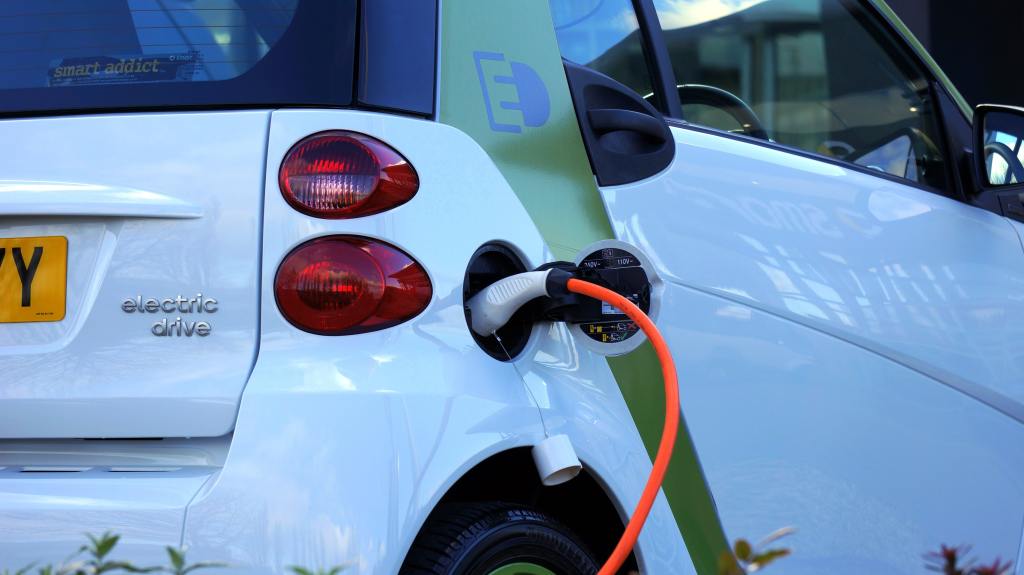One of the biggest barriers to mass take-up of electric vehicles (EVs) in the UK has been the lack of charging infrastructure, writes Andy Weltch.
It’s still much easier to top your car up with petrol or diesel than to charge the battery in your EV, as this report from PwC highlighted.
But a Government annoucement this week (30 March 2023), as part of a package to help get the UK to net zero, could pave the way to a solution.
A £381 million Local Electric Vehicle Infrastructure (LEVI) fund alongside an additional £15 million for the On-Street Residential Charging Scheme (ORCS) aims to support the installation of tens of thousands of new chargers across the country.
The Government has also unveiled its proposals for a zero emission vehicle mandate (ZEV) which, from 2024, will set minimum annual targets for the percentage of new car and van sales that must be zero emission. The Government claims the proposed mandate makes the UK’s path to zero emission vehicles the fastest in Europe.
The industry has responded positively: Tanya Sinclair, a senior director at ChargePoint, said: “We welcome this announcement and the certainty it brings to all leading charging industry players.
“An ambitious ZEV mandate in the UK will guarantee numbers of EVs on the road from 2024, and therefore provides a clear signal to infrastructure investors to scale up charge point roll out. Having the right charging infrastructure in place to meet future EV demand will support the growth of the charging sector and thousands of highly skilled jobs across the UK.”
And Sue Robinson, CEO at the National Franchised Dealers Association welcomed the news too, albeit with concerns that more has to be done to meet the ambitious net zero target. “An efficient charging infrastructure is crucial towards boosting consumer confidence and driving transport decarbonisation,” she said.

